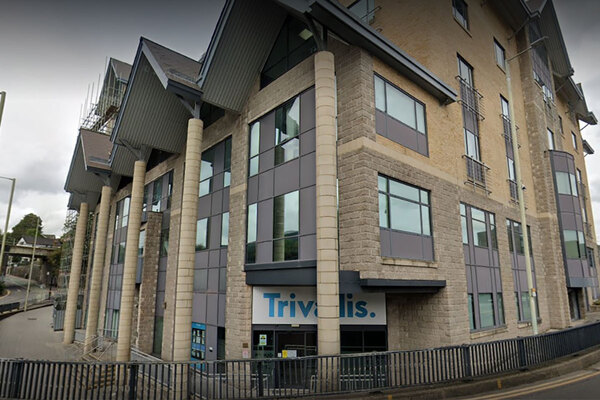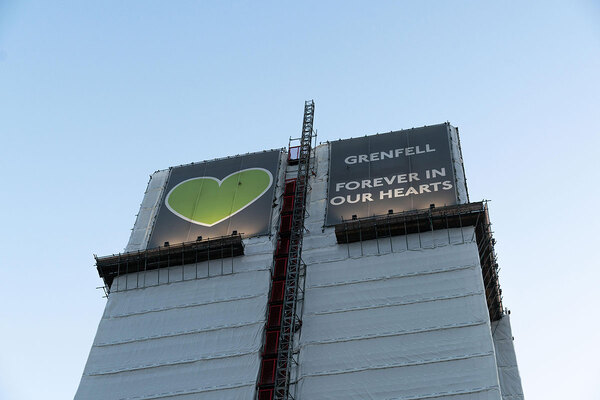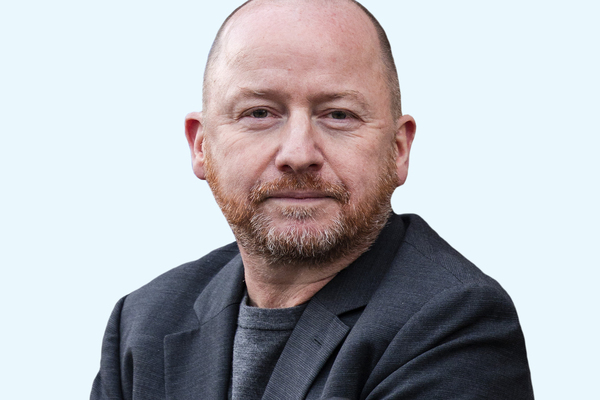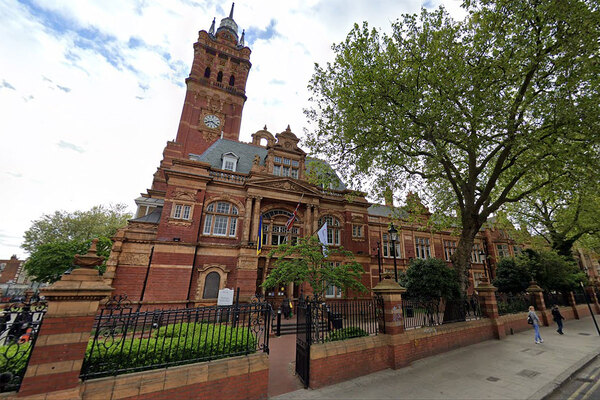You are viewing 1 of your 1 free articles
Moving forward
Now that poverty and homelessness action week has drawn to a close, Alastair Murray reflects on the work that needs to be done moving forward
Homes in the UK today are primarily seen as financial assets, representing as they do the security and pensions of around 70 per cent of the population. The consequence of this is that housing is now considered a private asset rather than a public good. Those of us concerned with the housing needs of our less well off neighbours must present an alternative narrative or vision to shift this political consensus, but at the moment we are failing.
This was one of the challenging points made at Housing for the Common Good, a discussion event arranged by Housing Justice for poverty and homelessness action week 2014. The event was led by David Orr of the National Housing Federation and Alison Gelder of Housing Justice, in dialogue with an informed and engaged audience of church and housing activists.
Housing for the Common Good was one of over 70 events arranged around the country during action week, including special church services, fundraising and other events and public meetings. The three organising charities choose the theme, produce resources for churches and others, and promote and publicise the week and all the local events via the action week website and mailings.
As well as the Housing for the Common Good, there was also a conference in York on Truth, Lies, and the Spirit Level: Poverty & Inequality in Britain Today. In London, there was the first public showing of a short film on street homelessness called The Pavement Perspective followed by a panel discussion. There were also many special services in churches, sponsored events including sleep outs and even a sponsored silence Hush for Homelessness held by Save the Family in Chester.
The theme this year was ‘standing with people in crisis’ and I’m sure Inside Housing readers already know the many ways in which people struggling with low wages and benefits are being even further disadvantaged.
At Housing Justice, we see the key struggles at present are tenants affected by the benefit caps and bedroom tax; the acute shortage of social housing, and the fact that private landlords are now pulling out of letting to people on benefits. Without a secure and affordable home families will always struggle to flourish and achieve their full human potential, or contribute to society.
In 2014, families struggling in poverty will need our advocacy and action more than ever.
Given the often divisive nature of public debate in these times, the headlines generated by Benefits Street being just one example, moving forward we want to continue to promote an alternative narrative and encourage a groundswell of support and solidarity with those in poverty. If we are going to change the current national debate it is going to need a lot of shoulders to the wheel.








